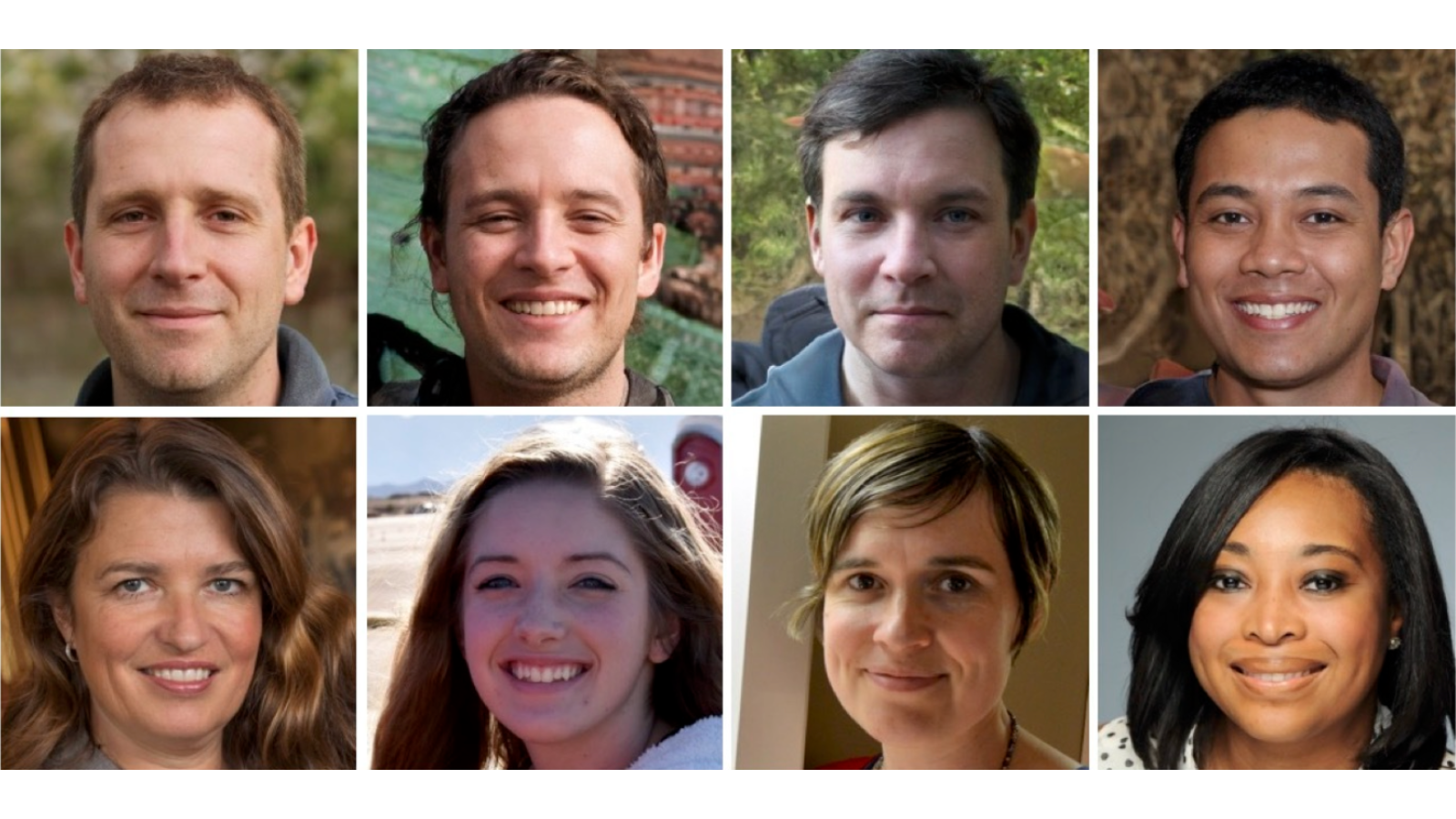The Real Reason We Dress Pets Like People
Chihuahuas in sweaters. Hurricanes with names. A "sick" economy. If you didn't know better, you'd think that humans can't tell objects from people or pets from Paris Hilton.
In fact, says psychology researcher Adam Waytz of Harvard University, humans know full well what makes a person, biologically speaking. But from a psychological standpoint, we're all mixed up.
According to a new paper by Waytz and his colleagues, people don't just attribute human characteristics to something because it looks or acts like a person. We also do it to feel more in control and connected to our environment.
For years, researchers studied anthropomorphism, the attribution of human traits to non-humans, as an issue of accuracy: Is it right to say a Bichon Frise has more human qualities than a toaster? Waytz and his colleagues have a different question: Right or wrong, what makes people anthropomorphize?
As it turns out, many of our reasons are selfish. Conflating objects with humans gives people a sense of control over their world, researchers have found. In one study, Waytz and his team asked people to write essays describing everyday objects as if they were humanoid. Another group described the objects as objects. Those who wrote the anthropomorphic essays later said they better understood the objects than those who wrote straightforward pieces.
When dealing with something unpredictable — a computer on the fritz, a sour economy — we might feel totally disconnected. "One way to make sense of it is to treat it like something familiar, which is the human form," Waytz told LiveScience.
Loneliness is another driver of anthropomorphism. When Waytz told study participants that psychological testing showed their social outlook to be bleak, he found that they were more likely to describe God as a friend and attribute human qualities like thoughtfulness to their pets.
Get the world’s most fascinating discoveries delivered straight to your inbox.
"We have this need to belong and to affiliate," Waytz said. "When people are deprived of connections with other humans, they'll form connections with non-humans through anthropomorphism."
Unfortunately, Waytz said, the opposite is also true. People who feel connected are more likely to dehumanize other groups. Participants who attended Waytz's psychology studies with a close friend instead of a stranger, for example, were more likely to deny that other individuals had human capacities like the ability to feel pain. At one extreme, the findings mesh with what is known about the real-world persecution of outsiders by powerful groups, Waytz said. Every genocidal regime, from the Nazis to the Khmer Rouge, depicts its victims as non-human vermin or pests.
"Whether we are concerned about the treatment of disadvantaged minorities, or the protection of endangered species, anthropomorphism is profoundly important, because it tells us when we treat them with fairness, dignity, and compassion, and when we fail to do so," Ara Norenzayan, a social psychologist at the University of British Columbia, told LiveScience. "This work is bringing much-needed attention to this topic." Norenzayan was not involved in the current research.
Researchers still have many questions about anthropomorphism, such as how well it really satisfies our desire for control and human connection.
"There may be nothing like the real thing," Waytz said. "But that's a question that we want to test in the future."
The paper was published in the February issue of the journal Current Directions in Psychological Science.
- 10 Things You Didn't Know About You
- Humans: The Strangest Species
- Top 10 Mysteries of the Mind

Stephanie Pappas is a contributing writer for Live Science, covering topics ranging from geoscience to archaeology to the human brain and behavior. She was previously a senior writer for Live Science but is now a freelancer based in Denver, Colorado, and regularly contributes to Scientific American and The Monitor, the monthly magazine of the American Psychological Association. Stephanie received a bachelor's degree in psychology from the University of South Carolina and a graduate certificate in science communication from the University of California, Santa Cruz.


